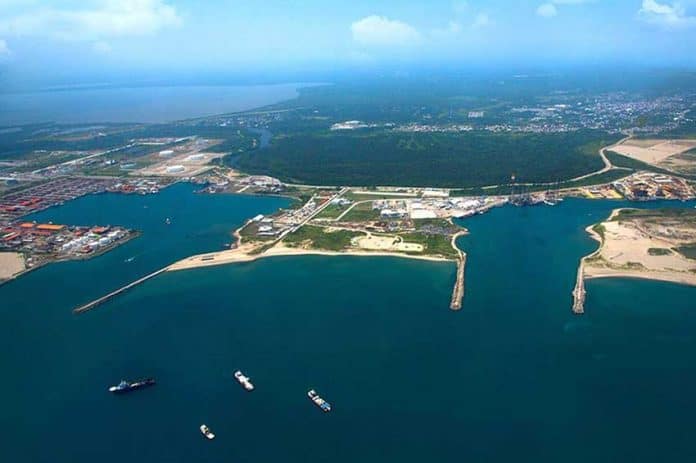The incoming government’s announcement to build a new oil refinery in Tabasco is generating high expectations among residents and industry that the project will revitalize the state’s waning economy.
President-elect Andrés Manuel López Obrador, a Tabasco native, said last month that his government will invest 160 billion pesos (US $8.3 billion) to build the facility at Dos Bocas, a port on the coast of the oil-rich Gulf of Mexico.
Between 2014 and this year, the state’s gross domestic product (GDP) decreased by more than 8%, while Tabasco’s unemployment rate, at just under 8%, is one of the highest in the country. Insecurity has increased as a consequence of the economic downturn.
Herminio Silván, a state government undersecretary for industrial development and commerce, told the newspaper Milenio that the 2013 energy reform and a consequent restructuring of Pemex forced the state oil company to abandon many of its service contracts in Tabasco.
That, he charged, is to blame for the difficult situation the state finds itself in.
The reform, a flagship initiative of the current government, opened the sector to private and foreign companies for the first time in 75 years.
Silván added that the economic problems also stem from “putting all our eggs in one basket because 50% of our wealth comes from an industry that suddenly collapsed.” He explained that the decline in the petroleum sector had also affected the state’s commercial and service industries.
Among those who are hopeful that a new refinery can help rescue the Tabasco economy is Miguel Ángel de la Fuente Herrera, president of the Villahermosa branch of the National Chamber of Commerce (Canaco).
He said that both building and operating the refinery will generate much-needed employment in the state and help to stimulate other industries.
Dos Bocas is already Mexico’s most important port for the transport of petroleum, with 24% of the country’s entire yield passing through its facilities.
Rocío Nahle, López Obrador’s nominee for energy secretary, has said that among the advantages of the location chosen for the new refinery are its close proximity to the production of crude oil and its existing infrastructure, which includes the capacity to receive, supply and dispatch oil tankers.
In neighboring Campeche there are also high hopes that the López Obrador-led administration could build a second new refinery on the state’s Atasta Peninsula.
While campaigning in the lead-up to the July 1 election, the political veteran promised that a government he leads would upgrade Mexico’s six existing refineries and build two new ones.
López Obrador has also pledged to both reduce reliance on foreign countries for the nation’s energy needs and thus reduce the prices that domestic consumers pay.
Like Tabasco, Campeche’s economy also suffered from the introduction of the energy reform and Pemex’s reconfiguration, with formal employment in the state decreasing by 22% between 2013 and 2017, according to statistics compiled by the Mexican Social Security Institute (IMSS).
Canaco Campeche president Jean Du Bar said that building a new refinery in the state and moving Pemex headquarters there, as proposed as part of the new government’s decentralization plans, would translate into more and better jobs for residents.
He also charged that Campeche has been neglected by the present and past governments despite the state being the nation’s oil-producing powerhouse.
“As Campechanos [residents of Campeche] we have said on many occasions that Pemex and the federal government turn their backs on us in a certain way because practically 80% of oil is from Campeche and we don’t get anything back from what we give,” Du Bar said.
Gustavo Rodríguez, president of the Business Coordinating Council (CCE) in the state, also threw his support behind the idea of building a second new refinery and transferring Pemex offices to Campeche.
“. . . The two proposals could help to revive economic activity as in previous years,” he said.
Rodríguez added that a Campeche refinery would cut down on logistics and transportation costs involved in transforming crude into fuel, which could “directly benefit the consumer.”
Laura Baqueiro Ramos, a member of the Campeche Congress, said if the projects go ahead in the state, local residents must have access to the jobs they create rather than all positions being filled by personnel from elsewhere.
“. . . We want the jobs to be local, for Campechanos . . . The two initiatives of the next president . . . are very important. We want the proposals to materialize once he takes office on December 1.”
Source: Milenio (sp)
